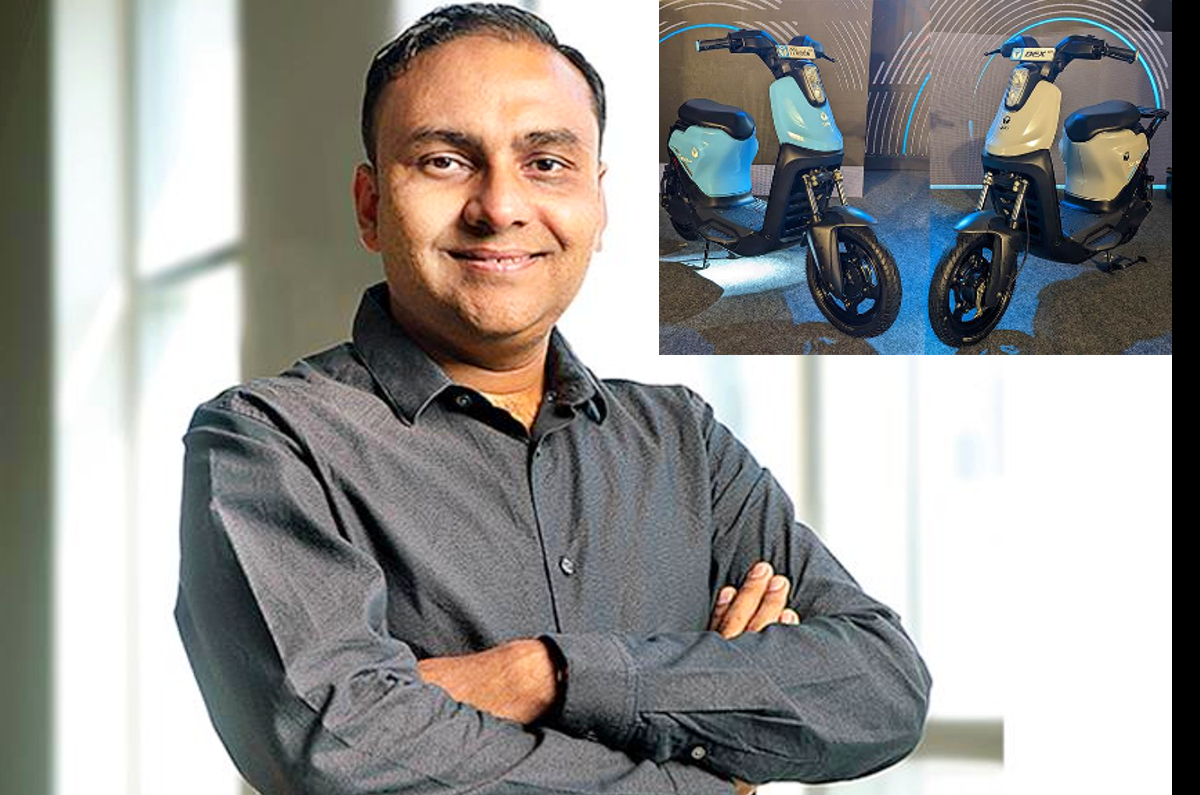
Currently, Bajaj manufactures Yulu e-bikes at its plant in Chakan.
Yulu, India’s largest shared electric mobility player, plans to invest $500 million (approx Rs 4,000 crore) in the next three years as it aims to have a fleet of one million electric two wheelers in operation by 2025. With the production at Bajaj Auto’s factory in Akurdi commencing, Yulu intends to ramp up its fleet to 1 lakh units by the end of 2023, which it wants to scale it quickly to 1 million in a matter of three years’ time.
Yulu’s future plans: details
Speaking on the sidelines of launch event of the Miracle GR and DeX GR, Amit Gupta, CEO of Yulu told Autocar Professional, “the mobility transition to EV is inevitable and it is no more a question mark and the company is right in the intersection of disruption of new age, shared and electric for last mile.
“We are looking at a 10X growth in revenues and almost 100X growth in fleet. The concept has been very well accepted by both individual and last mile delivery providers. We are of a firm belief that if you want to move fast, it is important to be working with like-minded partners – who believe in our vision and that is where we are lucky to have partners like Bajaj and Magna,” added Gupta.
Gupta says his vision is to make EVs a no-brainer as a vehicle of choice in the next 10 years and it intends to offer first or last mile services outside homes, offices and metro stations.
“Yes people will buy their own cars or bikes, but there are many used cases where the journey can be all electric. We want to make it so frictionless, if you want to come out of home, office or metro, you will have a Yulu to meet your need,” added Gupta.
Apart from catering to individual’s last mile requirement, about 60% of Yulu rides are taken by the last mile delivery providers, as they can save 30-40% of their cost.
With capacities coming on stream, Yulu wants to diversify its business model and add franchisee partners, through which it will earn fees and also get into sell electric scooters to individuals later in the year.
Gupta says there is a big white space for, “personal easy mobility, the product is at the final stage, we should launch it by the end of the year.”
Bajaj Auto owns about 18-19% equity in Yulu and global auto component major Magna bought about 9% equity in the company recently. Yulu wants to capitalise on both the partners international reach and aspires to partner franchisees who want to deploy EVs.
“We are looking at South East Asia and Latin America markets, there are a several partners who have showcased their interest in our platform and we hope to have a presence in atleast one country this year.”
Having doubled its fleet in the last 3 months, Yulu is poised to put 1 lakh vehicles on the road across major cities in India and is targeting more than 10x growth in revenues by the end of the year. Yulu’s fleet operates on swappable batteries and it is powered by Yuma Energy. There are currently around 100 Yuma stations across Bengaluru, Mumbai and Delhi, which the company plans to scale up to 500 by 2024.
Would you buy a Yulu e-bike for your personal use? Let us know in the comments section below.
